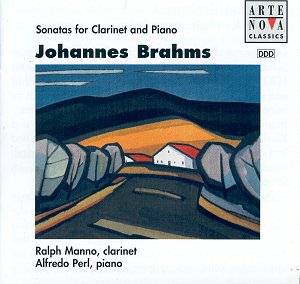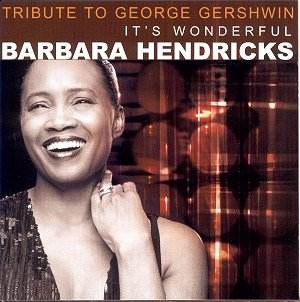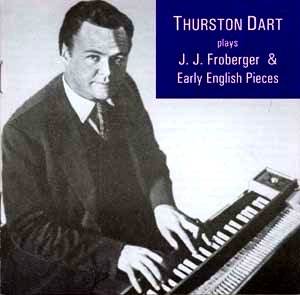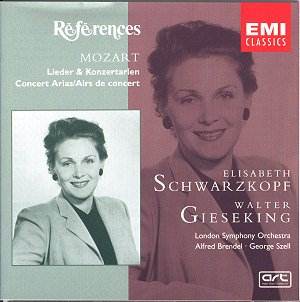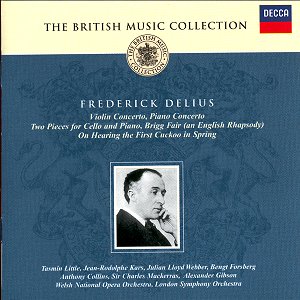 Composer: Frederick Delius (1862-1934)
Composer: Frederick Delius (1862-1934)
Works: Violin Concerto; Piano Concerto; Two Pieces for Cello and Piano: Caprice and Elegy; On Hearing the First Cuckoo in Spring; Brigg Fair (An English Rhapsody)
Performers: Tasmin Little (violin); Jean-Rodolphe Kars (piano); Julian Lloyd Webber (cello); Welsh National Opera Orchestra conducted by Sir Charles Mackerras; London Symphony Orchestra conducted by Alexander Gibson; Bengt Forsberg (piano); London Symphony Orchestra conducted by Anthony Collins
Recording: 1991 (Violin Concerto), 1969 (Piano Concerto), 1996 (Two Pieces), 1990 (On Hearing the First Cuckoo in Spring), 1953 (Brigg Fair)
Label: DECCA
The music of Frederick Delius, a composer often caught between the pastoral and the exotic, is given a thoughtful survey in this DECCA compilation, which highlights the lush, impressionistic tendencies that characterize his unique voice. The selected works span various stages of Delius’s output, showcasing his evolution from the early influences of Grieg and Wagner to a more distinctive English idiom that is simultaneously nostalgic and forward-looking. This collection serves as a vibrant reminder of Delius’s pivotal role in British music, albeit with a pronounced Scandinavian aura.
The Violin Concerto, performed with verve by Tasmin Little, opens with a lyrical theme that captures the essence of longing and introspection, hallmarks of Delius’s style. Little’s interpretation stands out for its emotive phrasing and technical assurance, particularly in the cadenza where the interplay between the violin and orchestra culminates in a moment of rapturous dialogue. Sir Charles Mackerras leads the Welsh National Opera Orchestra with a keen sense of balance, ensuring that the orchestral textures complement rather than overshadow the violin’s poignant voice. The seamless transitions within the one-movement structure enhance the work’s organic flow, culminating in a vibrant allegretto that radiates joy.
Jean-Rodolphe Kars’s interpretation of the Piano Concerto reveals a nuanced understanding of Delius’s blend of tender lyricism and robust orchestration. The opening pastoral theme, reminiscent of Grieg, is delivered with an enchanting simplicity that invites the listener into a world of childlike wonder. Kars’s performance is marked by a sensitivity to the delicate interplay between piano and orchestra, particularly in the quieter moments that evoke a dreamlike quality. The technical demands of the work are met with confidence as Kars navigates the contrasting emotional landscapes, culminating in a resounding conclusion that affirms Delius’s optimistic spirit.
The pairing of Julian Lloyd Webber and Bengt Forsberg in the Two Pieces for Cello and Piano captures the essence of Delius’s late style, inflected with poignant introspection. The Caprice sparkles with Grieg-like effervescence, showcasing Lloyd Webber’s lyrical approach while Forsberg’s rippling piano lines provide the perfect backdrop. In contrast, the Elegy encapsulates a profound sense of loss and reflection, with Lloyd Webber’s rich tone achieving a haunting depth that resonates long after the final note fades. These performances, recorded during a period of personal struggle for Delius, reveal the emotional weight behind the music, aided by the intimate recording quality that gives a sense of proximity to the performers.
The orchestral works, particularly “On Hearing the First Cuckoo in Spring” and “Brigg Fair,” are rendered with an affectionate authenticity. The former, with its evocative evocation of springtime, is effectively realized by the Welsh National Orchestra under Mackerras, whose understanding of the work’s folk influences brings forth a buoyancy that is infectious. “Brigg Fair,” conducted by Anthony Collins, unfolds with a pastoral grace, though the mono sound quality of the 1953 recording does occasionally inhibit the clarity of orchestral textures. Nevertheless, Collins’s interpretation, imbued with a sense of nostalgia, captures the essence of English rural life.
This Delius compilation is undeniably a treasure trove for lovers of British music, embracing the composer’s rich tapestry of influences and emotional depth. With standout performances that reveal both the technical and expressive possibilities of the music, this collection is a compelling addition to any discerning listener’s library, illuminating Delius’s enduring legacy within the canon of classical music.
